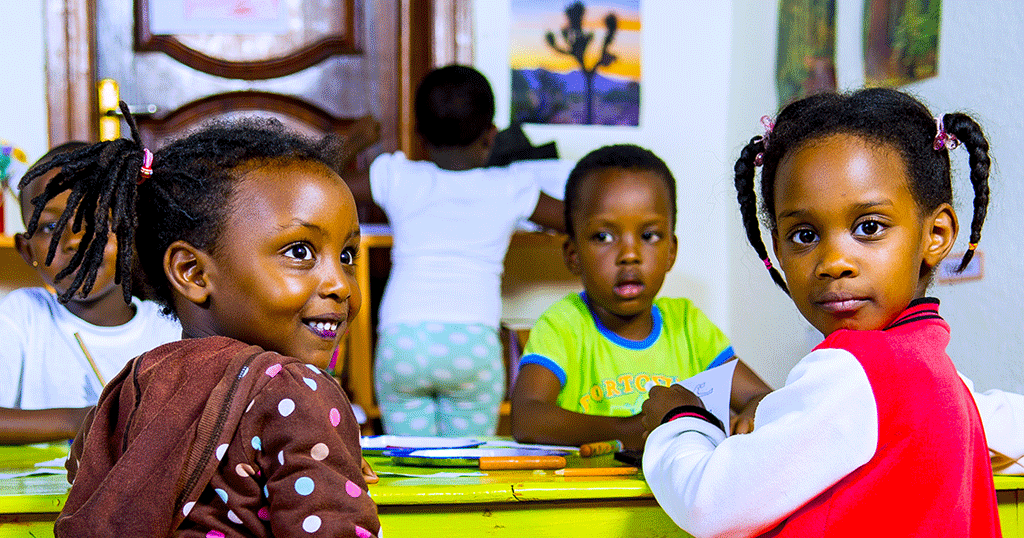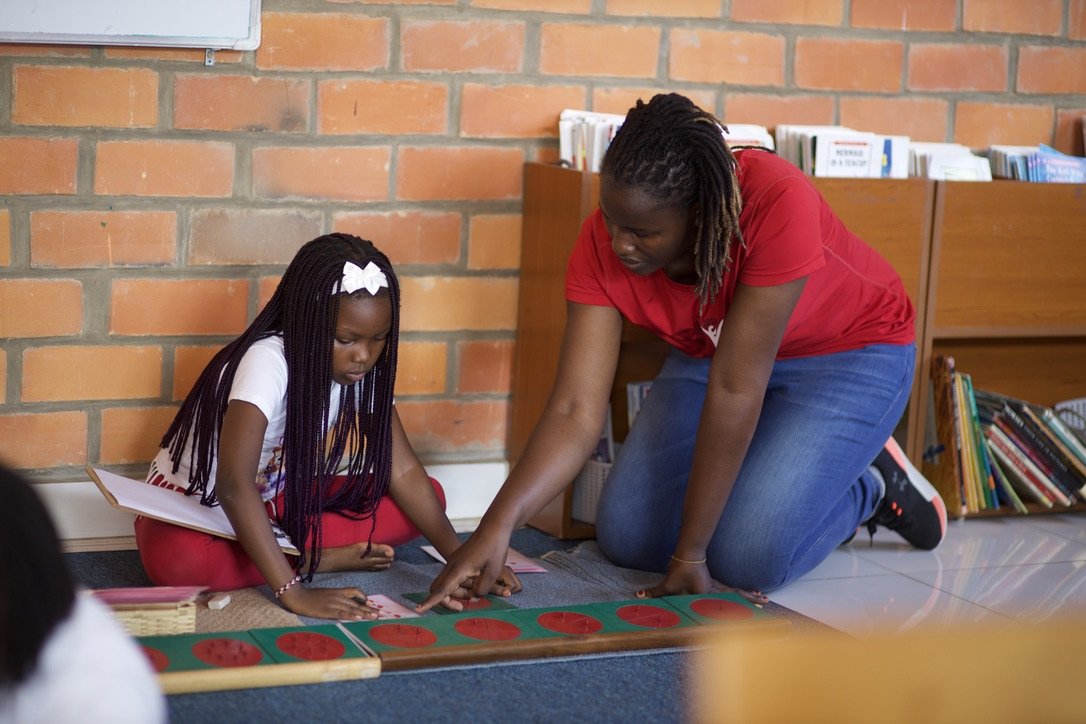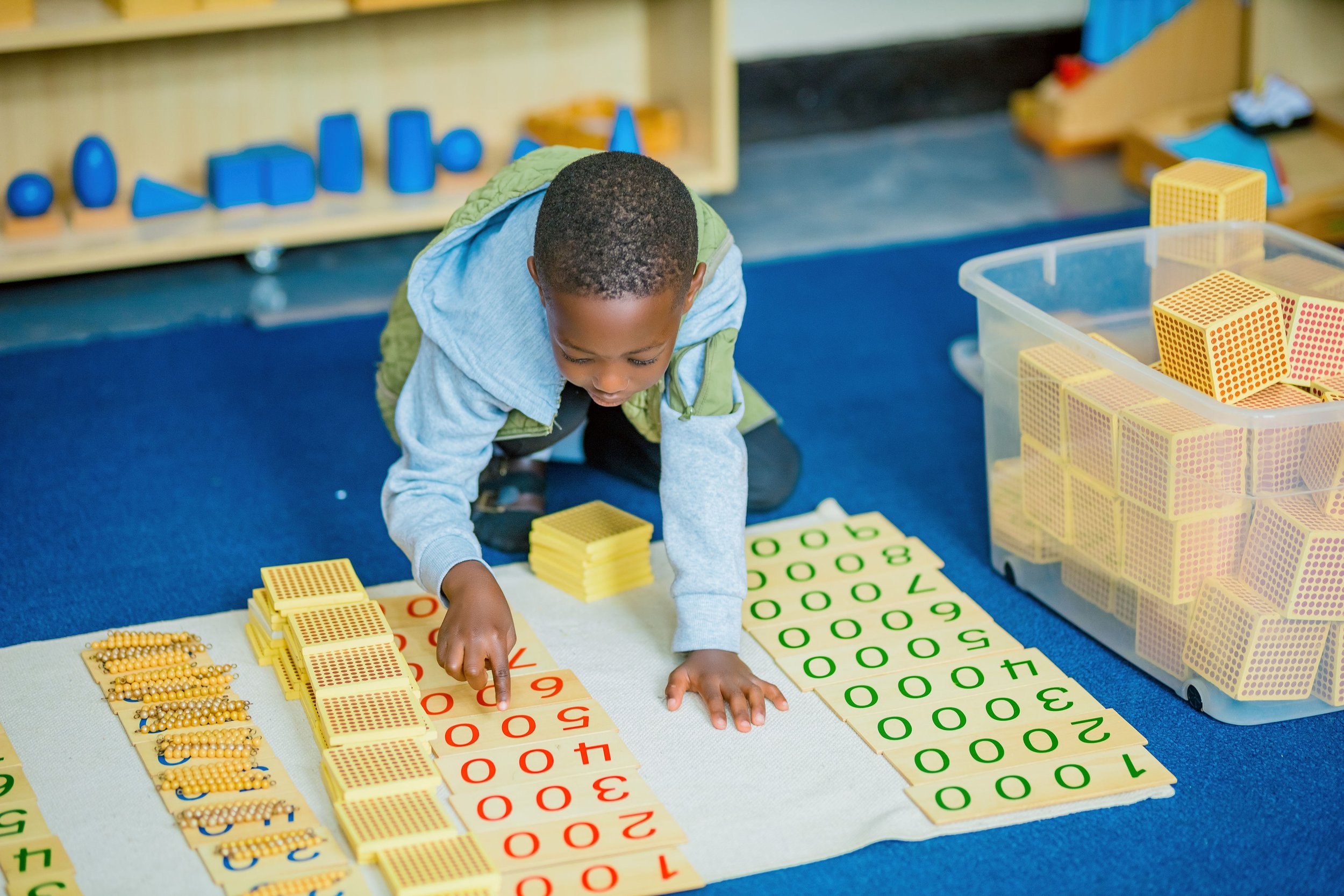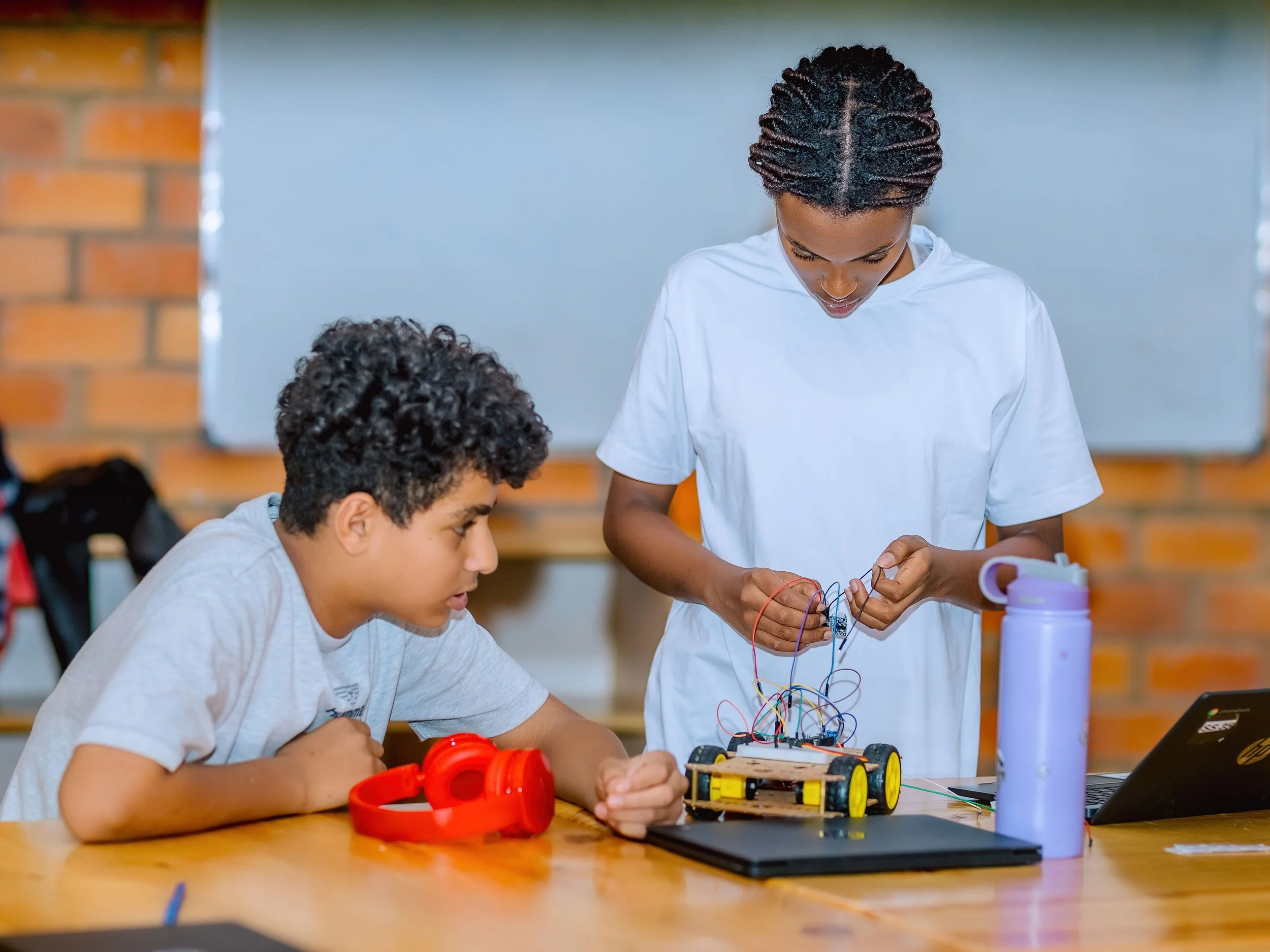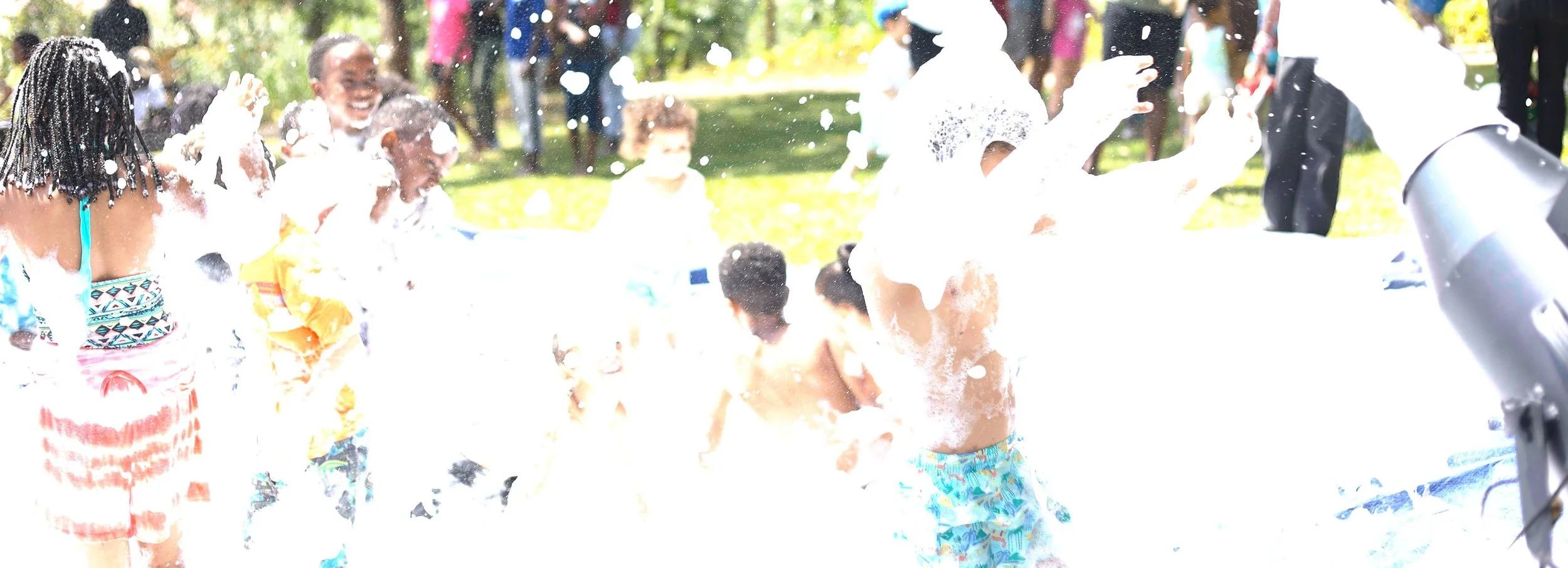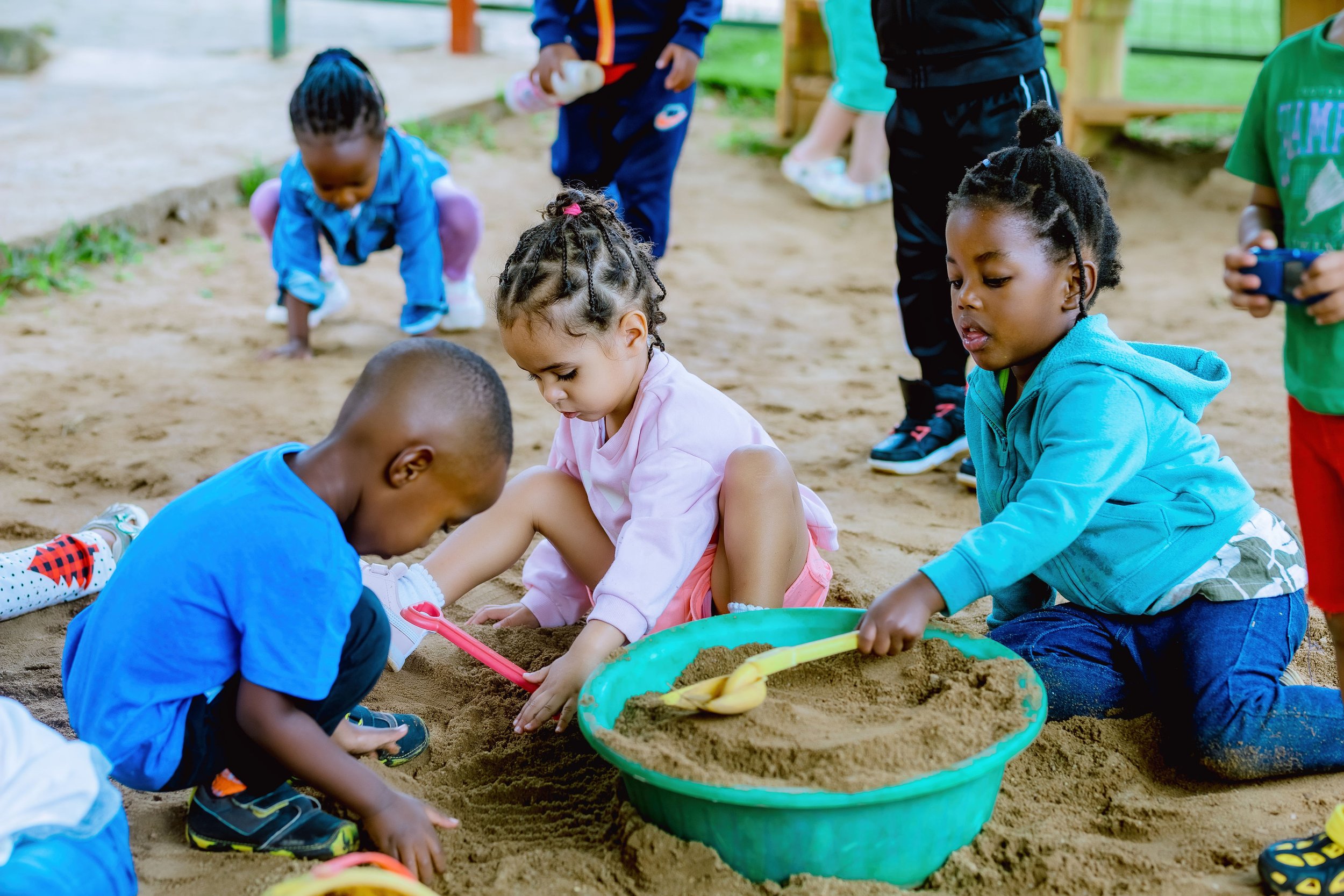
Toddler Community

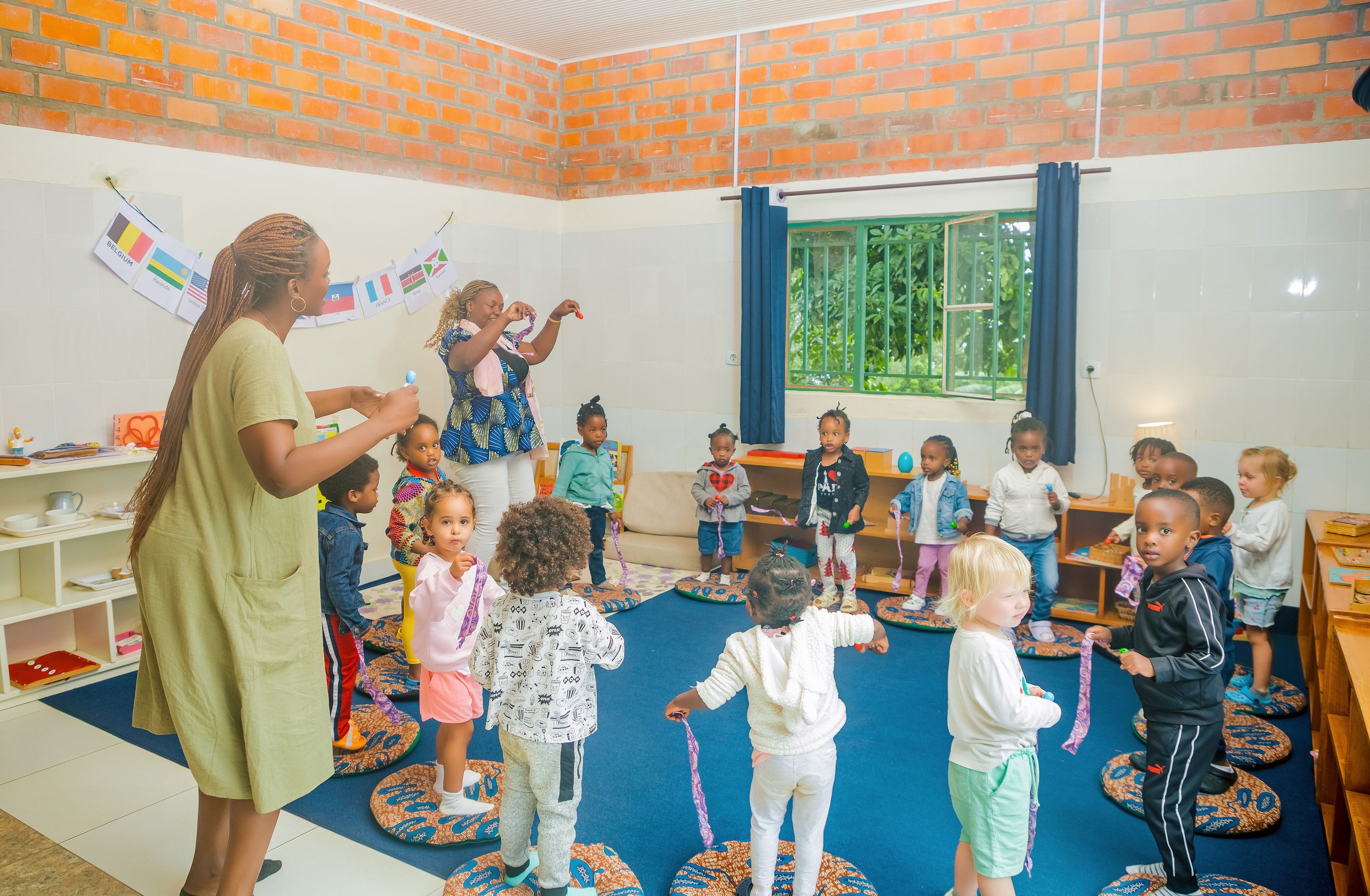
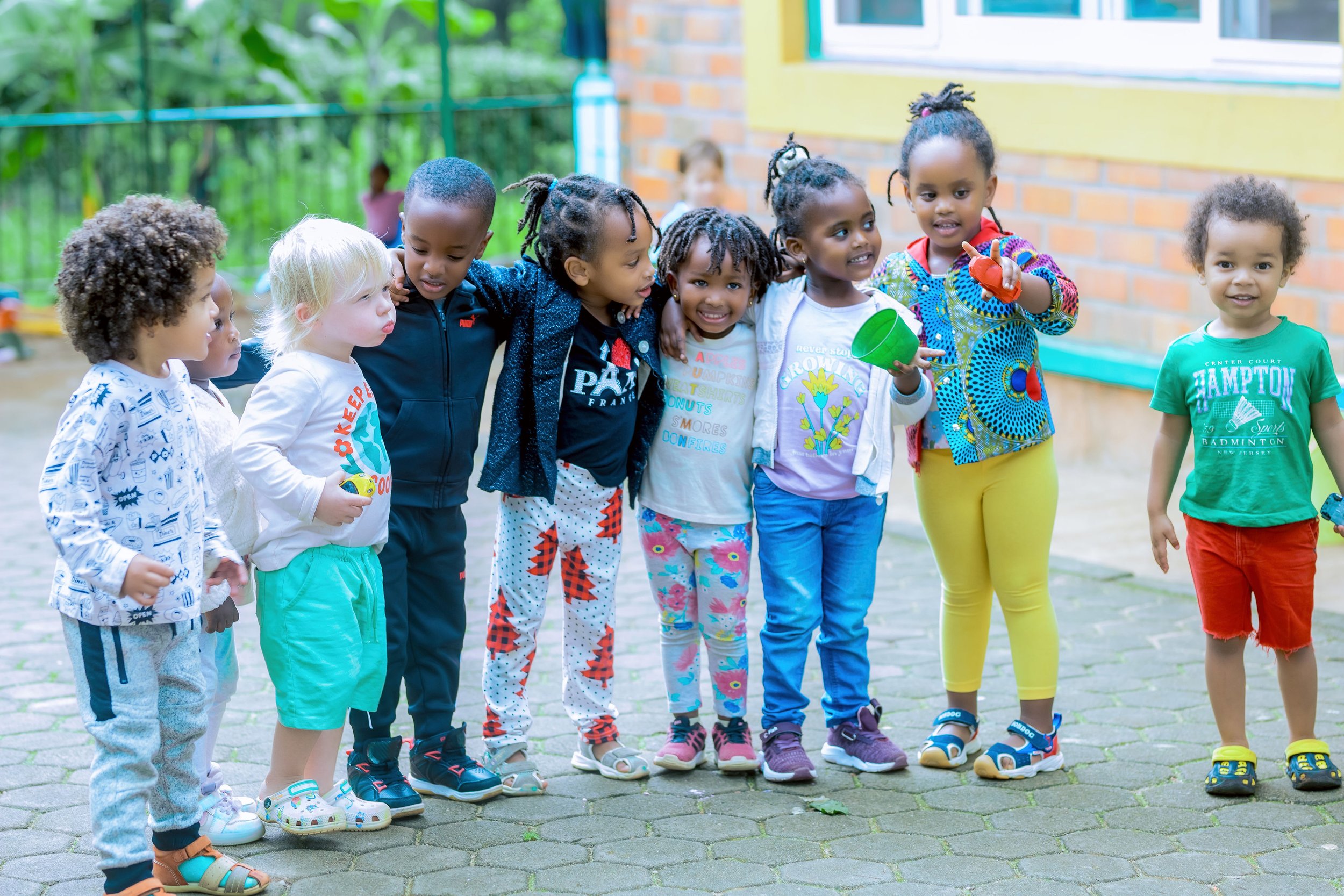
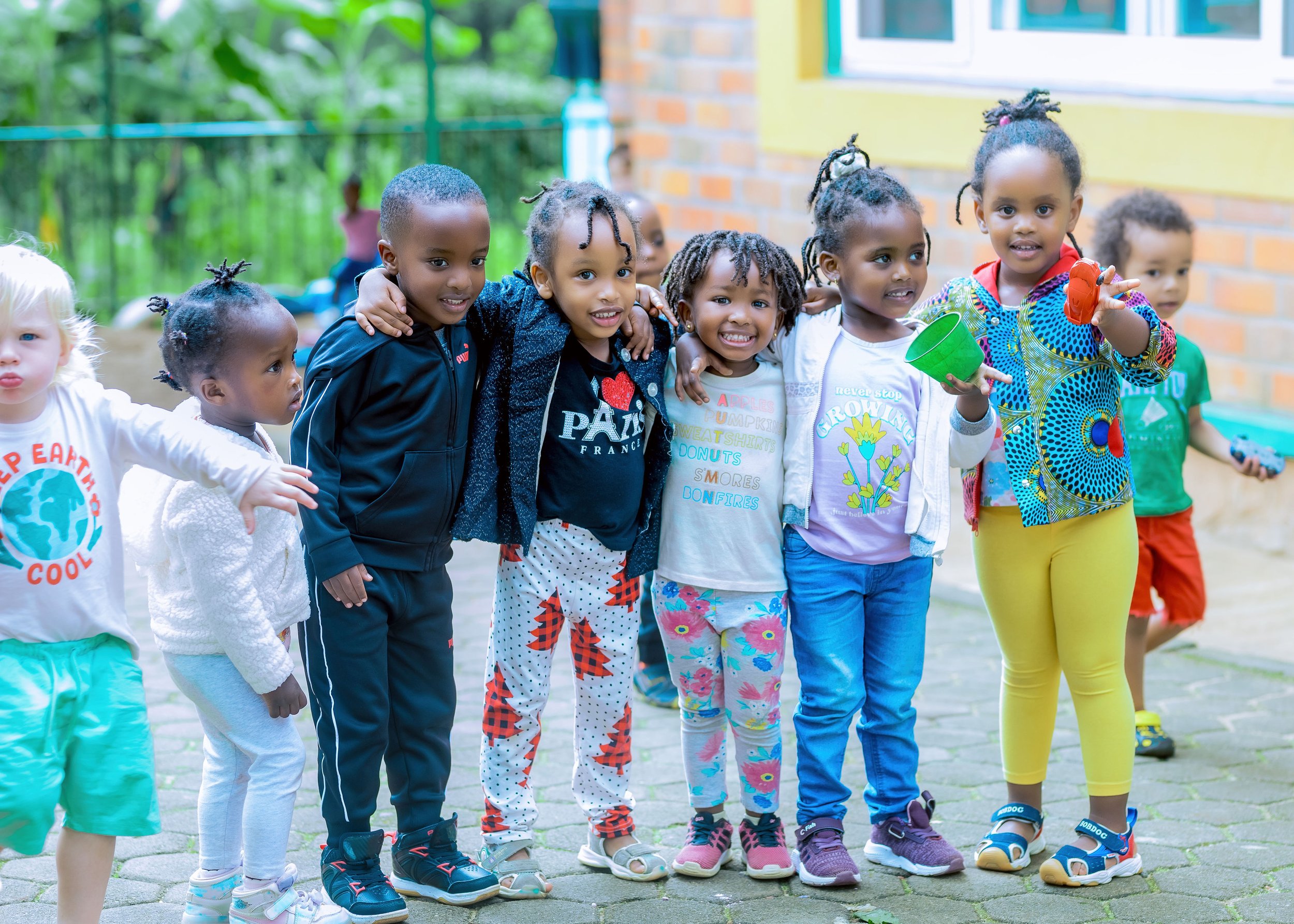
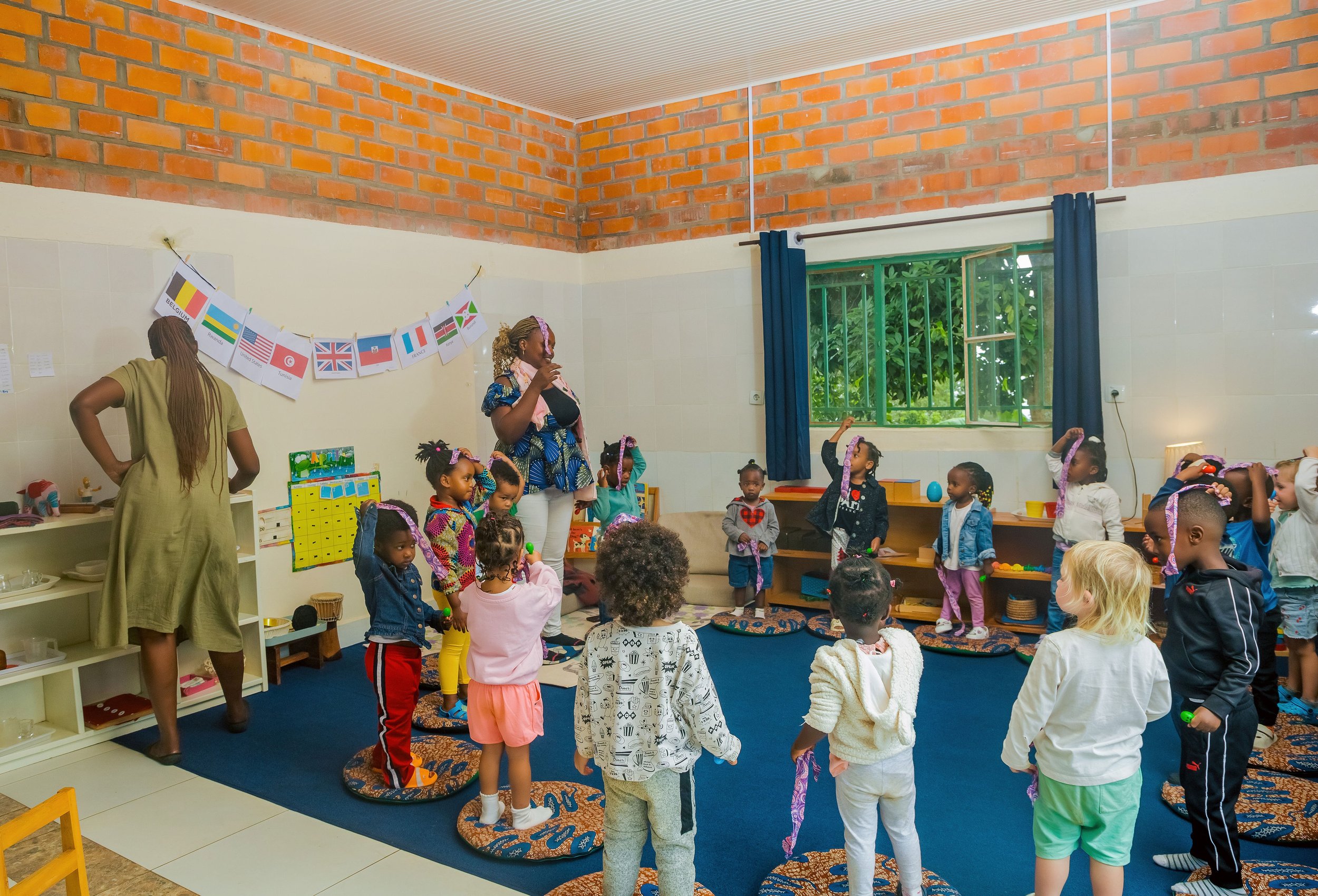
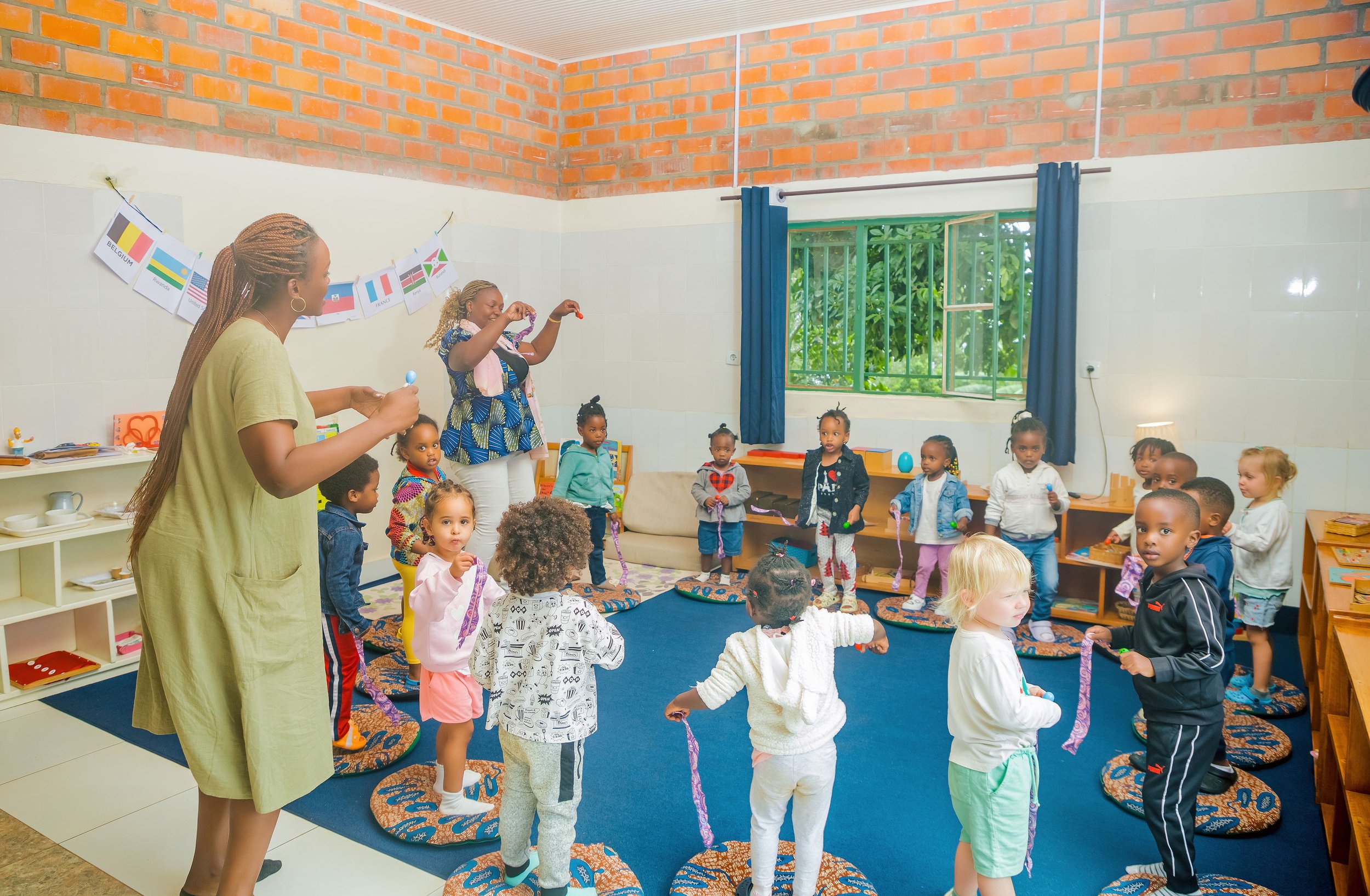

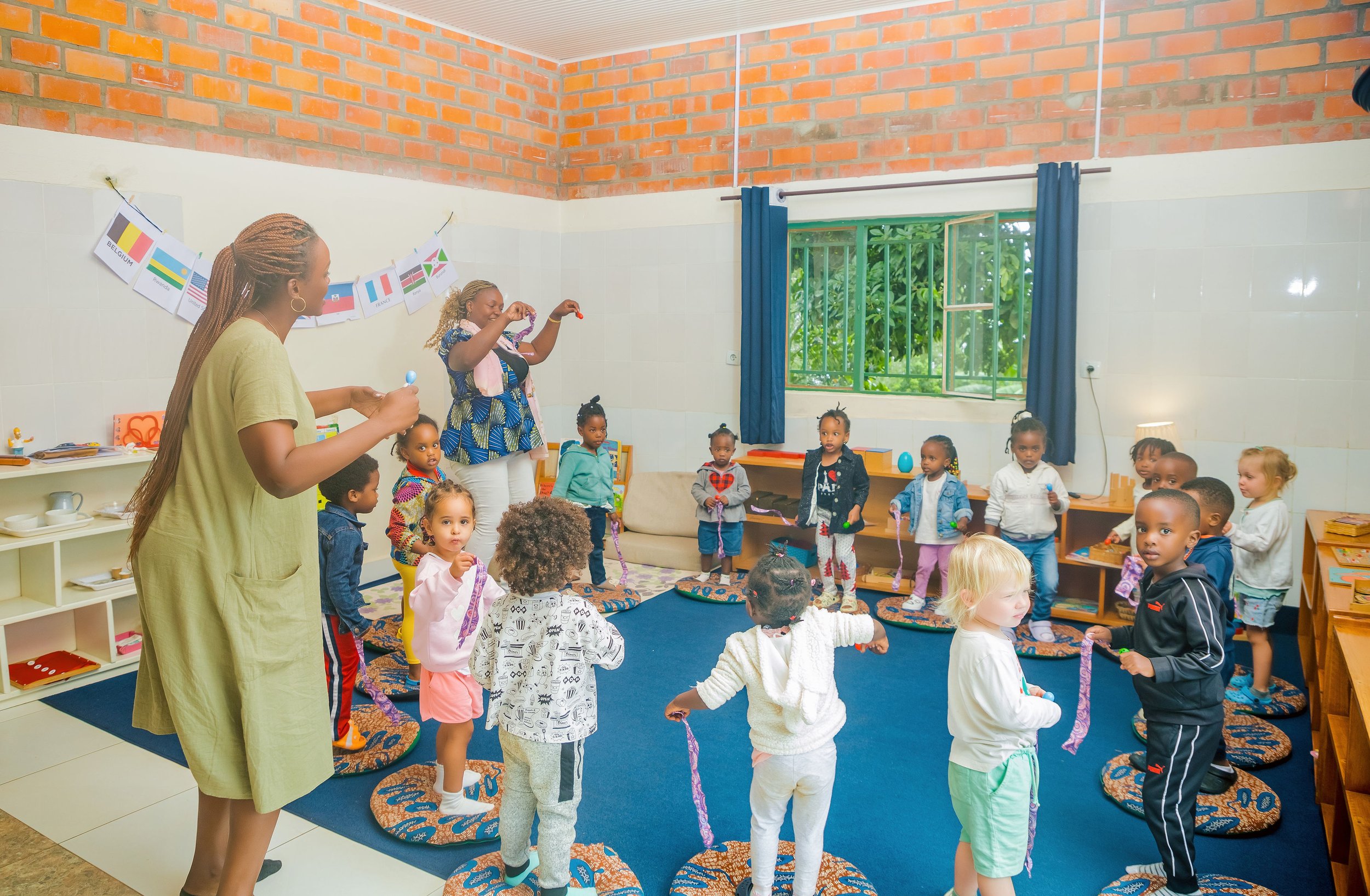

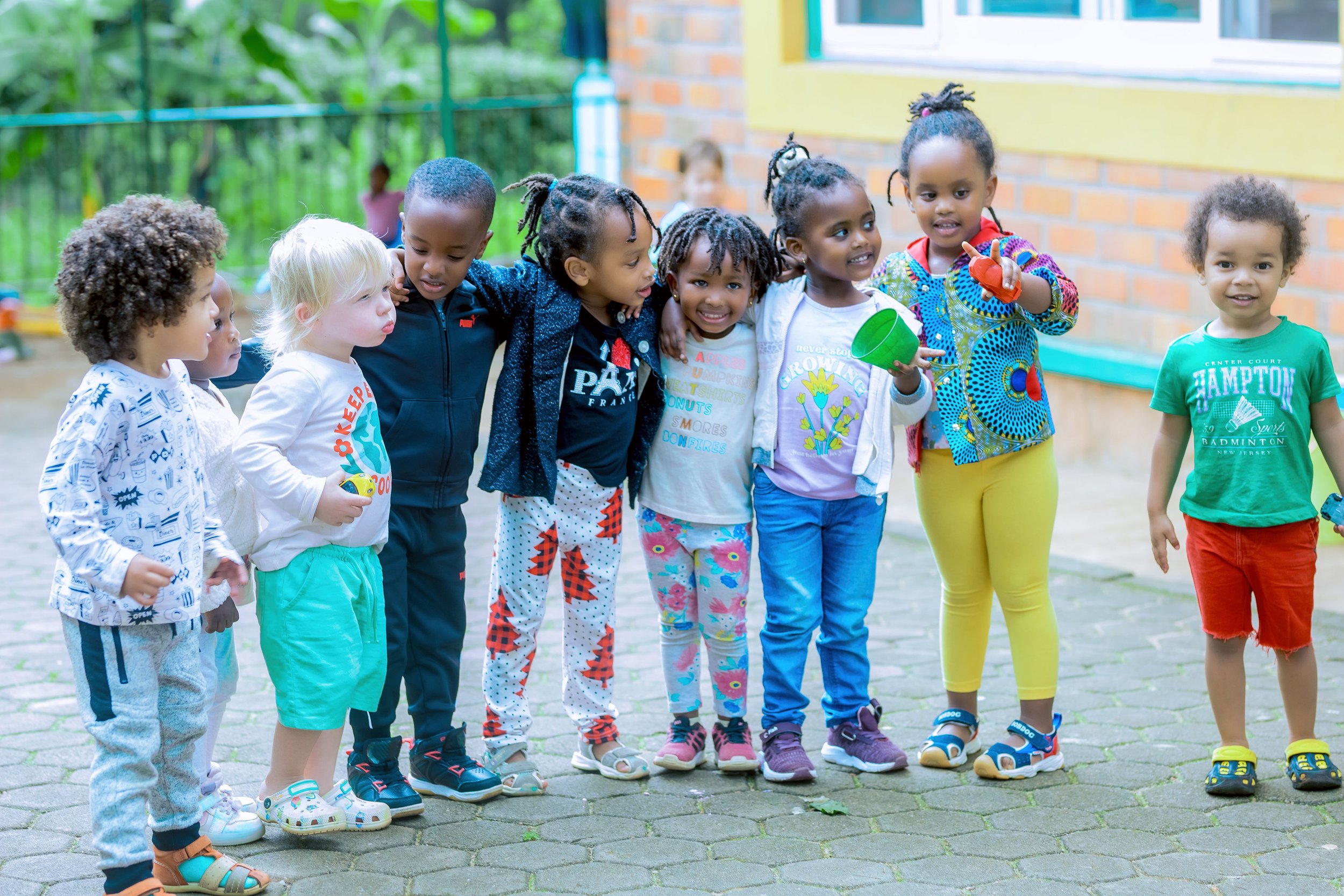

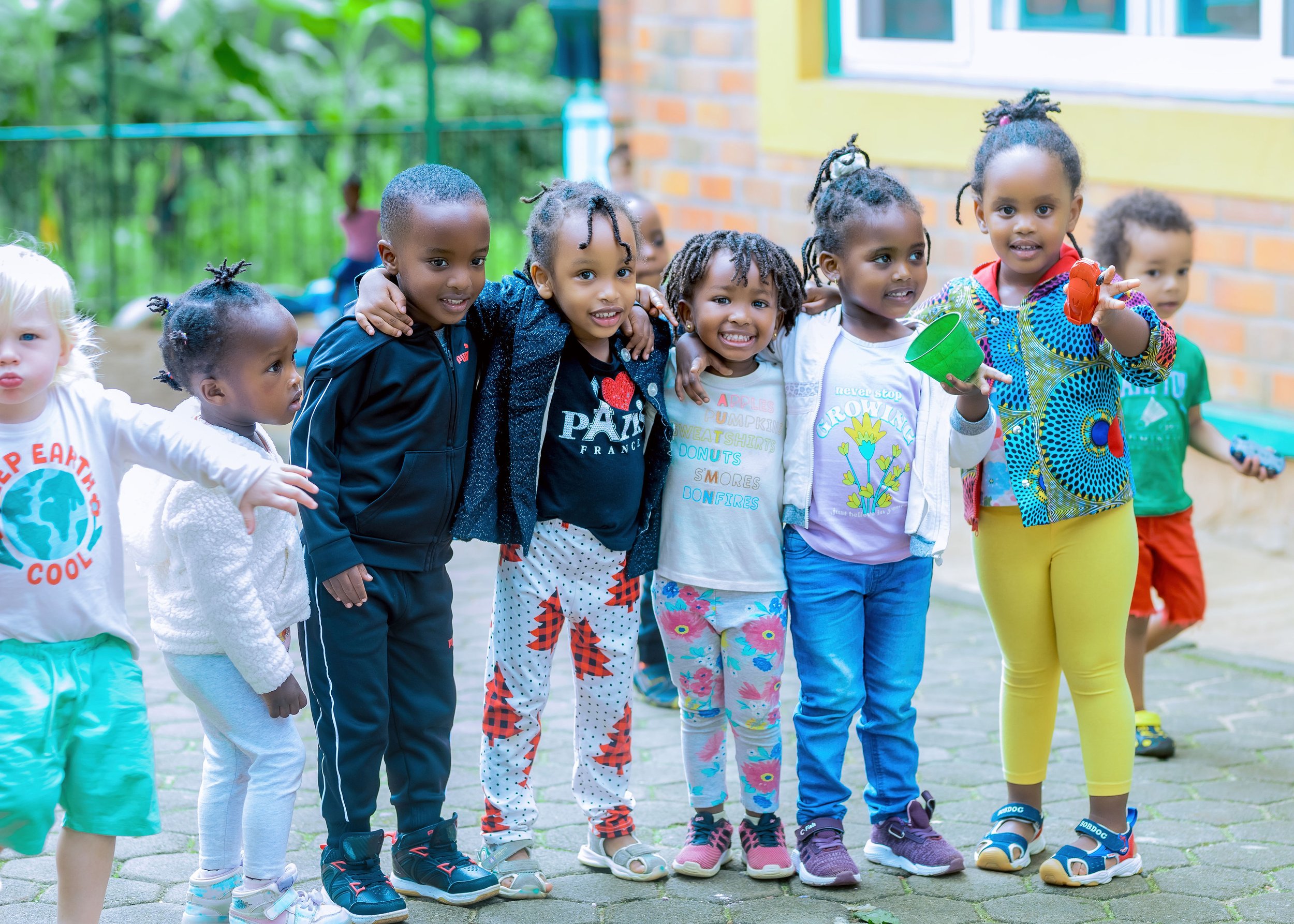
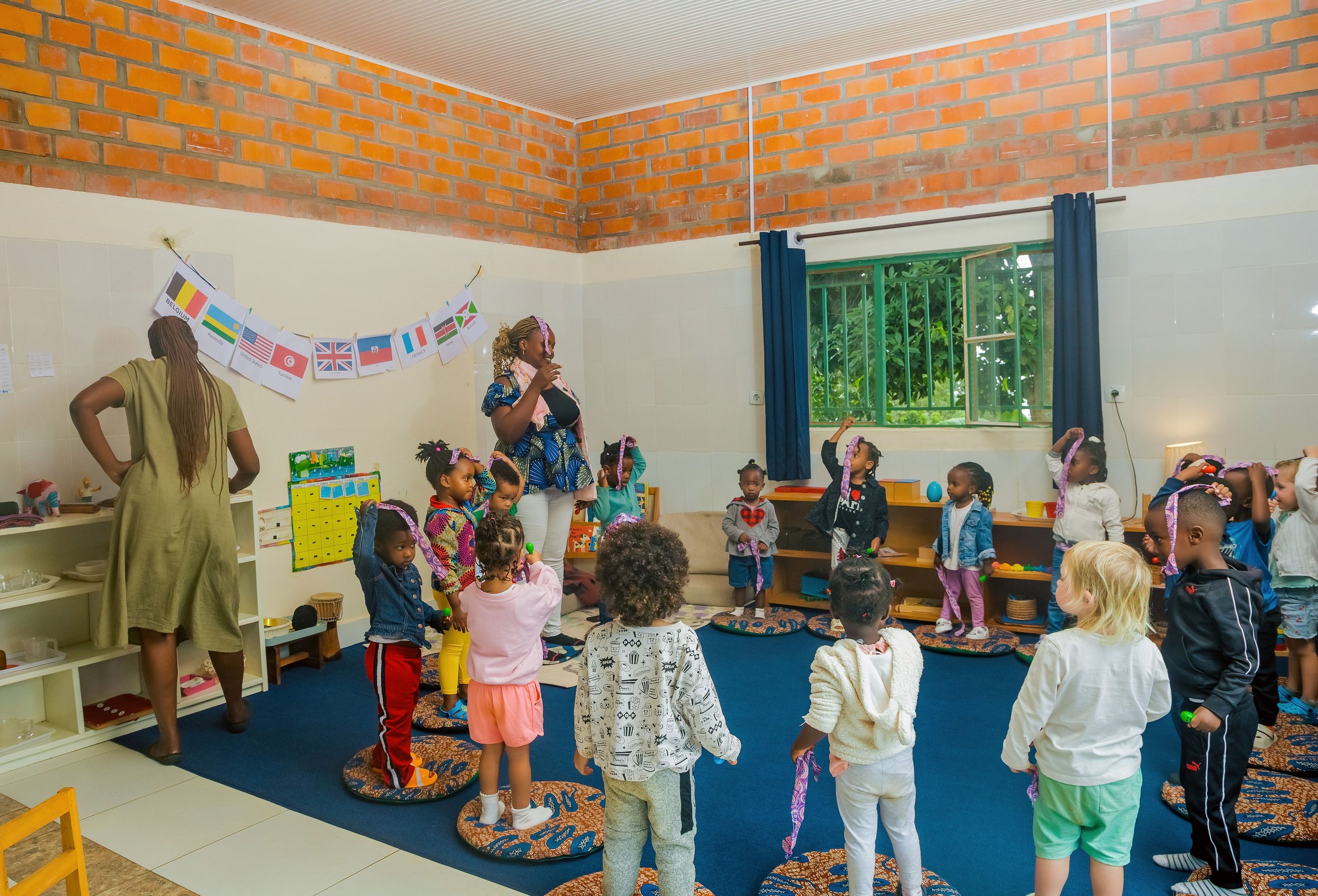

The DiMS Toddler Program
The DIMS Toddler Program for children ages 18 months - three years old, is where children develop some of their first relationships away from home. At this age, children begin to assert their desire for independence and begin to express their own personality. Toddlers are physically active and intellectually curious. The DIMS environment and curriculum is designed to provide the warmth, welcome and stimulation that enables this growth.
Core Principles
Intrinsic Motivation
DIMS is committed to creating a learning environment where students are able to explore their individual passions, to think creatively, to innovate and to achieve wellbeing in their lives. The development of our students is aided by an aesthetically pleasing environment that is both stimulating and inspiring
First-hand experience with Activities
DIMS Toddlers learn real-life skills in the classroom through Practical Life work. Montessori teachers introduce activities that allow children to explore and learn, while also being creative and progressing developmentally.
Intrinsic Motivation
Toddlers follow their individual interests as they choose work throughout the day. Children decide if they want to work on a puzzle, or with art materials, build with manipulatives or practical life skills. Count objects or seriate shapes by size. Toddlers are attracted to challenges because they like to feel proud of their growing abilities. When redirection is necessary, toddler teachers provide it respectfully and positively.
Self-Directed Active Learning
Activities in our Toddler classrooms encourage children to manipulate and explore in ways that promote thought and focus. This exploration, and repetition, with materials leads to spontaneous activity. Children use the same materials in many ways, depending on their creativity, ability, and personality.
Social Emotional Development
During their time in the toddler class, children develop some of their first relationships outside the home. In a nurturing environment, toddlers learn to trust adults to guide and support them and little by little, toddlers learn to take care of themselves.
Toddler Curriculum
Toddler Farming
Toddlers explore the farm using all their senses. They expand their palette by tasting a different crop from the farm each week during daily tasting lessons. Toddlers explore the sights, smells, sounds and textures of the farm throughout each season while helping care for the farm during weekly lessons with the teacher.
Toddler Language
Toddlers absorb language with extraordinary ease. There is a wide range of language abilities in this age group, so teachers carefully model and guide interactions with peers. The focus is on vocabulary, articulation and communication using conversation, activities and modeling.
Toddler Mathematics
Toddlers use a wide range of specially prepared materials to begin to build mathematical concepts. They sort, match, count, and absorb the language of math. They practice counting, number symbols and geometric shapes.
History & Geography
Toddlers make sense of the world by experiencing and mastering routines. As children transition from an unconscious absorbent mind to a conscious absorbent mind, they learn familiar words associated with time, and begin to understand the meaning of these terms. Children also become part of a group outside of their family and begin to develop empathy as they realize that their actions impact others.
Practical Life
Toddlers’ routines and activities foster independence and self-care skills. In our toddler classrooms, children practice dressing and undressing, caring for their environment, and caring for their personal belongings. They learn everyday skills such as pouring, scooping, spreading and cutting.
A Supportive Community
In our Toddler Community, children are not controlled — they are supported, respected, and encouraged. Every detail is designed to give your child the highest chance for success, helping them grow into confident, capable individuals.
Maria Montessori
“In our Toddler Community there is great emphasis on preparing an environment, where each child has the ability to move and explore to support the development of self-knowledge. Freedom is given within limits in order for the child to become organized and learn respect for others. The environment is prepared in a way that appeals to the senses through order, balance, and harmony and allows children to follow their natural curiosity and to experiment with the materials.”
Maria Montessori
“We must help the child to act for himself, will for himself, think for himself; this is the art of those who aspire to serve the spirit”

